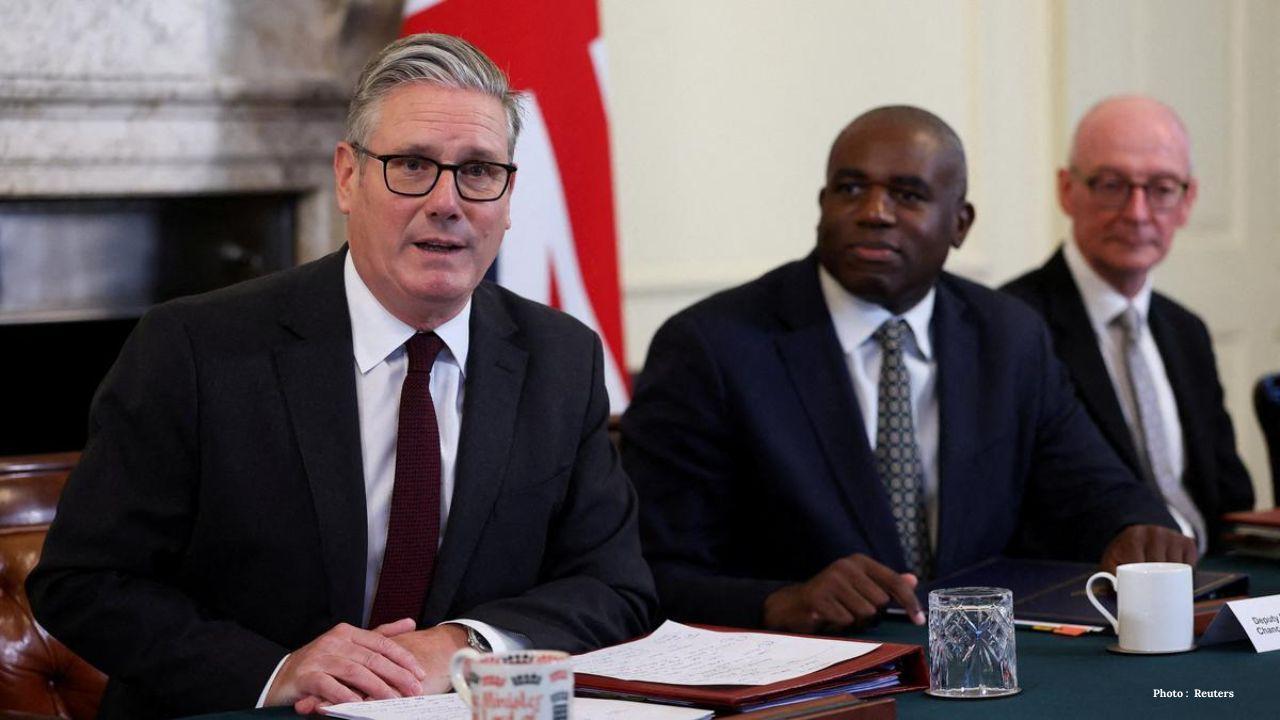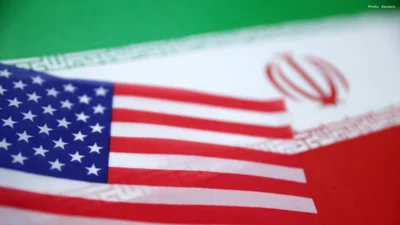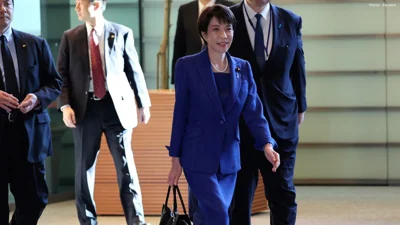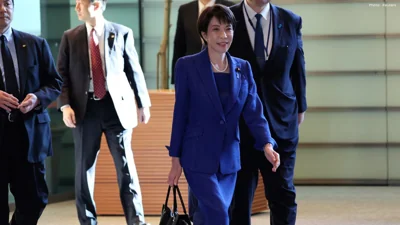
Post by :
The United Kingdom’s Deputy Prime Minister, David Lammy, addressed the delicate issue of recognising a Palestinian state. Speaking about this sensitive diplomatic matter, Lammy highlighted that formally recognising Palestine would not immediately create a new country overnight. Instead, he emphasised that recognition must be part of a broader, carefully planned peace process involving both Israel and Palestine.
Lammy explained that any decision to recognise a Palestinian state is intended to keep alive the prospects of the “two-state solution,” a concept that envisions Israel and Palestine existing peacefully as independent, neighbouring nations. According to Lammy, this approach aims to encourage ongoing dialogue and negotiations, rather than making symbolic gestures that could worsen tensions in the region.
He further noted that Prime Minister Keir Starmer would be making a decision later on Sunday regarding the formal recognition of a Palestinian state. Lammy stressed that the UK government’s approach is deliberate and cautious. Recognition, he said, is not just a diplomatic formality but a step that needs to be coordinated with international partners, ensuring that it contributes to lasting peace rather than escalating existing conflicts.
The two-state solution has long been a cornerstone of international diplomacy in the Middle East. It has been discussed for decades in various peace talks, aiming to end the prolonged and often violent conflict between Israel and the Palestinians. By considering recognition in this context, the UK is signalling that it seeks to support Palestinian aspirations for statehood while maintaining regional stability.
Lammy’s comments come amid growing discussions globally, as several countries have started considering recognition of Palestine or have already taken steps in this direction. International experts believe that the UK’s decision could influence other nations and potentially create momentum for a coordinated international effort. However, they also caution that any unilateral or hasty recognition could heighten tensions and make negotiations more difficult.
In addition to political and diplomatic considerations, the UK government is mindful of the humanitarian situation in the region. Years of conflict have caused significant human suffering, displacement, and economic hardship in Palestinian territories. By linking recognition to a wider peace process, the UK aims to demonstrate support for both the political and humanitarian needs of the people in the region.
The Deputy Prime Minister also pointed out that recognition is not intended to undermine Israel’s security concerns. The UK continues to support Israel’s right to security while advocating for Palestinian self-determination. This balanced approach reflects a long-standing principle of the UK’s foreign policy, which seeks to promote dialogue, reduce conflict, and encourage practical solutions that benefit both sides.
Political analysts say that a potential recognition of Palestine by the UK could have far-reaching implications. It could lead to a shift in international diplomacy, with more countries reconsidering their positions. It may also put pressure on Israel and Palestinian leaders to engage in more serious negotiations. At the same time, the UK’s measured stance is meant to prevent actions that might trigger further conflict or destabilise the region.
Historically, the question of Palestinian statehood has been one of the most complex issues in global politics. Previous efforts at peace, including international conferences and agreements, have faced setbacks due to disagreements over borders, security, and governance. By tying recognition to a broader peace strategy, the UK aims to avoid repeating past mistakes and ensure that any formal step contributes constructively to long-term stability.
In summary, the UK’s government, through Deputy Prime Minister David Lammy, has signalled a careful, strategic approach to the recognition of a Palestinian state. While recognition alone cannot immediately create a new nation, it is intended as a diplomatic tool to foster dialogue, support the two-state solution, and encourage peace in a region that has seen decades of conflict. Prime Minister Keir Starmer’s final decision, expected soon, will likely shape the UK’s role in ongoing Middle East peace efforts and could influence international responses to one of the most enduring conflicts in modern history.










Mattel Revives Masters of the Universe Action Figures Ahead of Film Launch
Mattel is reintroducing Masters of the Universe figures in line with its upcoming film, tapping into

China Executes 11 Members of Criminal Clan Linked to Myanmar Scam
China has executed 11 criminals associated with the Ming family, known for major scams and human tra

US Issues Alarm to Iran as Military Forces Deploy in Gulf Region
With a significant military presence in the Gulf, Trump urges Iran to negotiate a nuclear deal or fa

Copper Prices Reach Unprecedented Highs Amid Geopolitical Turmoil
Copper prices soar to all-time highs as geopolitical tensions and a weakening dollar boost investor

New Zealand Secures First Win Against India, Triumph by 50 Runs
New Zealand won the 4th T20I against India by 50 runs in Vizag. Despite Dube's impressive 65, India

BTS Tour Sparks Global Demand: Mexico Appeals for Additional Shows
BTS' comeback tour creates immense demand in Mexico, prompting President Sheinbaum to urge more conc